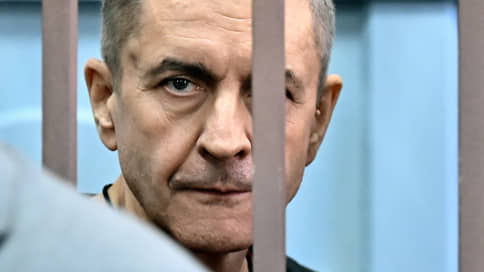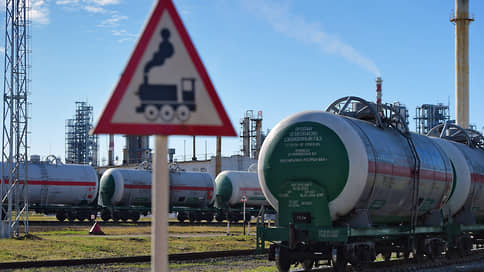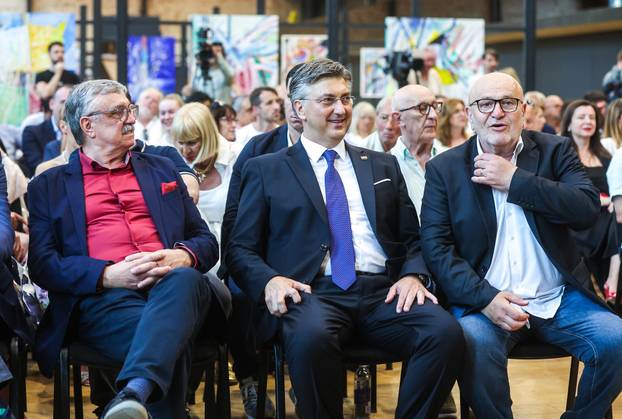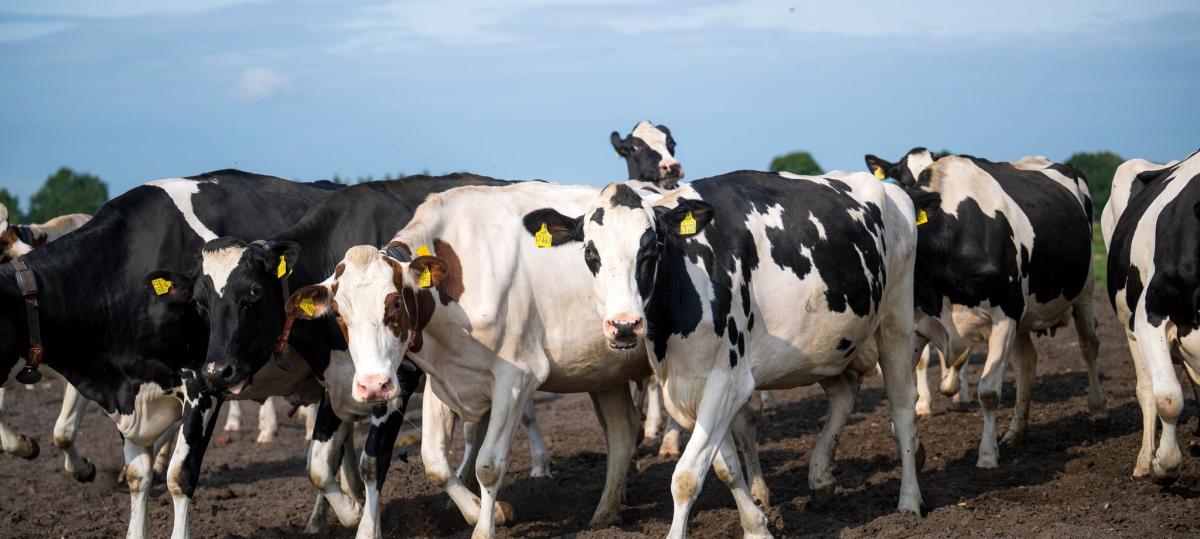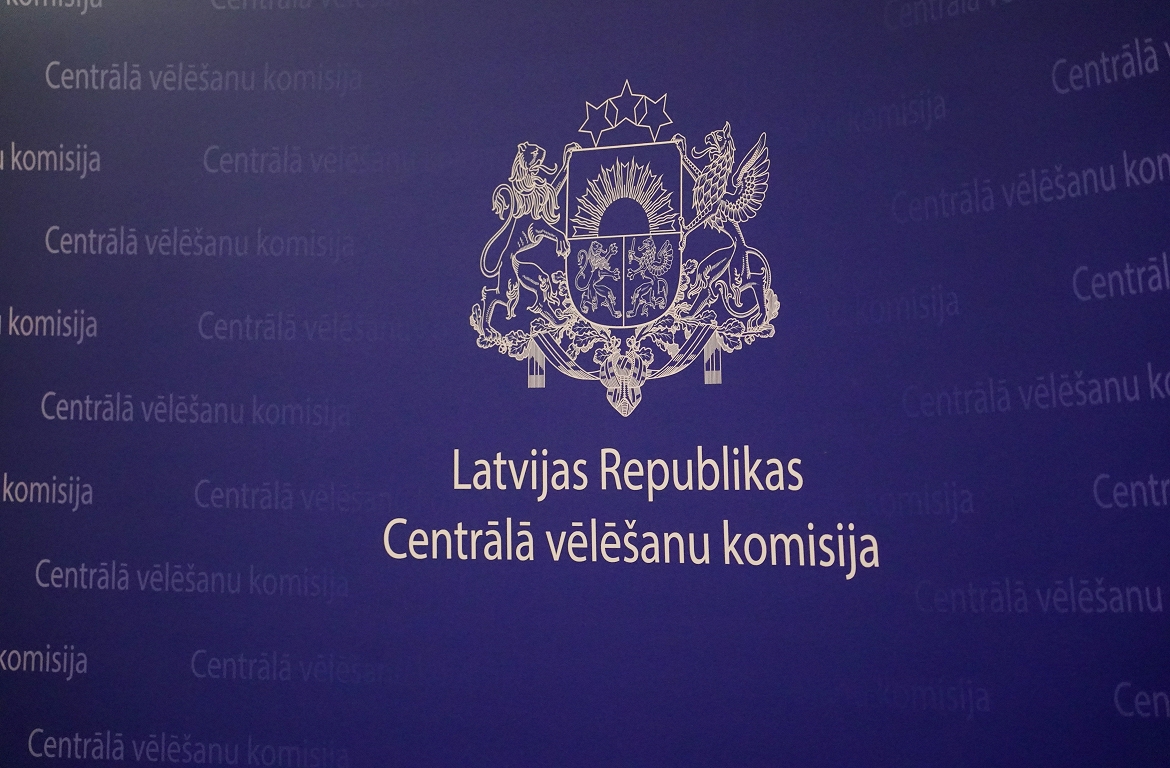What was discussed at the final meeting of the College of the Ministry of Finance
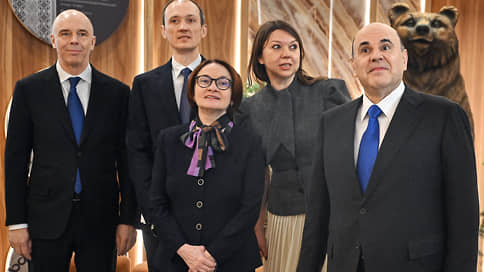
The final meeting of the College of the Ministry of Finance in 2025 left the usual departmental format: the event with the participation of Prime Minister Mikhail Mishustin was turned into a strategic session dedicated to the long -term financial stability of the state. For systemic financing of national goals – 41 trillion rubles. Until 2030 – the government demanded from the Ministry not three -year, but five -year planning. From the operational against the background of the falling price of oil at the collegium, the issue of revising the budget rule was raised. The reorganization of management was also discussed to increase its effectiveness and improve coordination within the authorities – for example, for the sake of formulating the general answers of the White House and the Central Bank for still unknown challenges of the future.
The expanded college of the Ministry of Finance on April 23 – Mikhail Mishustin traditionally came to it – was unusual both a place and the format of conduct. For the sake of, as stated, the “expanded budgeting of the future” is the so -called Big Ministry of Finance (the ministry itself and all its services and agencies) was located in the National Center “Russia” (this is the exhibition that moved to the VDNH of the same name), and the collegium itself was held for the first time in the format of a strategic session with a five -year -old (instead of a three -year) planning horizon.
The composition of the participants was covered by the entire perimeter of the “Big Ministry of Finance”: the Minister of Finance Anton Siluanov, the head of the Federal Tax Service Daniil Egorov, the head of the FCS Valery Pikalev and the head of the Federal Treasury Roman Artyukhin. The government was represented by the Kurator of the Ministry of Finance in the White House Deputy Prime Minister Dmitry Grigorenko, the Kremlin-the deputy head of the presidential administration Maxim Oreshkin, the State Duma-the chairman of the budget committee Andrei Makarov. There were also the head of the Ministry of Economy Maxim Reshetnikov and the chairman of the Bank of Russia Elvira Nabiullina.
The level of discussion corresponded to the level of the audience: Mikhail Mishustin emphasized in his speech that we are not talking about ordinary results and plans for a year, but about an attempt to discuss a wide circle of “promising financial plan until 2030”.
As it became clear from the words of the prime minister, the purpose of his participation was to push the “Big Ministry of Finance” to build a system of financing national goals in the same logic in which its implementation is now built: from the level of concepts (technological sovereignty, financial stability, resistance to external challenges, conditions for business, tax stability and support for their own demand) to the practice of ensuring money of specific events. In total, the prime minister estimated the financing of national goals until 2030 at 41 trillion rubles, that is, about one annual budget.
The fact that five -year planning requires resources and coordination, Anton Siluanov focused in his speech. Having briefly noting the successes: the public debt is low, the finances are stable, the situation is under control, taxes have become more progressive, fair and more convenient, the minister announced the main task of budget policy to ensure cushion. He recalled that the money for this was found due to the redistribution of resources and tax reform, reporting the need to continue the subtle setup of the redistribution of funds “in favor of investment and justice”.
The details of this bondage were discussed in the closed part of the board, and the disputes were apparently hot: during the report of the Minister of Finance, Mikhail Mishustin participated in a lively conversation with Dmitry Grigorenko and Maxim Oreshkin and methodically torn the draft of some document. Anton Siluanov at that moment stated that the current price of oil cut off according to the budget rule (since 2024 it was increased to $ 60 per barrel) no longer ensures the stability of state financials. “It is necessary to prenect,” the minister suggested, without specifying the details. It should be noted that it would be logical to return to the previous parameters ($ 40 per barrel indexed by dollar inflation), however, the participants of the closed part of the collegium surveyed by Kommersant said that specific numbers were not discussed.
From the words of the minister, it also followed that in the conditions of uncertainty caused by external instability, the Ministry of Finance intends to continue to increase the effectiveness of government contracts.
The tasks of the financial departments are set by various: from reducing the gap in the budgetary security of the constituent entities of the Russian Federation (and not so much due to redistribution as through regional investactivity) to building a “reliable system for financing local budgets”, on which the “Ministry of Finance works”. In the same list – attracting savings of citizens, increasing the share of long -term investments up to 40% of all accumulations and the task of “making people by shareholders of companies”, selling large state -kits. In addition to the revival of the market, the latter should increase the efficiency of the state -owned companies themselves – from the remaining state property, the Ministry of Finance will require “greater financial return”, the minister promised.
Concluding the collegium, Mikhail Mishustin demanded from its participants in the restructuring for new tasks and control systems: she “should work on the image of the result” and rely on the lists of specific indicators for which the Ministry of Finance is responsible – not only at the upper, but also at intermediate levels. For example, with an increase in the capitalization of the financial market and the share of long -term investments of citizens, these indicators need to be “decomposed and so that everything work on them”, the head of government demanded.
The need to coordinate the participants in this work was another explanation of “Expansion to the“ Big Ministry of Finance ””, the prime minister explained. Each department, according to him, “needs to develop dozens of interconnected models for predicting and evaluating risks” – so, only the Federal Tax Service needs to link their work with 15 departments in order to improve the investment climate (see “Kommersant” from April 23). The prime minister made it clear that the « Big Ministry of Finance » is also beyond the limits of the government. “We must constantly evaluate the risks with the Central Bank and how to answer them,” said Mr. Mishustin. As a result, the “Big Ministry of Finance” was declared an instrument of “systemic financial support for the functions and obligations of the state”, and “continuous cycles of improvements in the presence of feedback with business” – its new reality.

